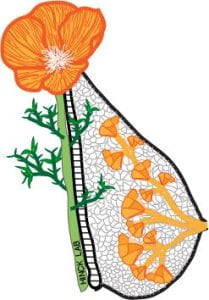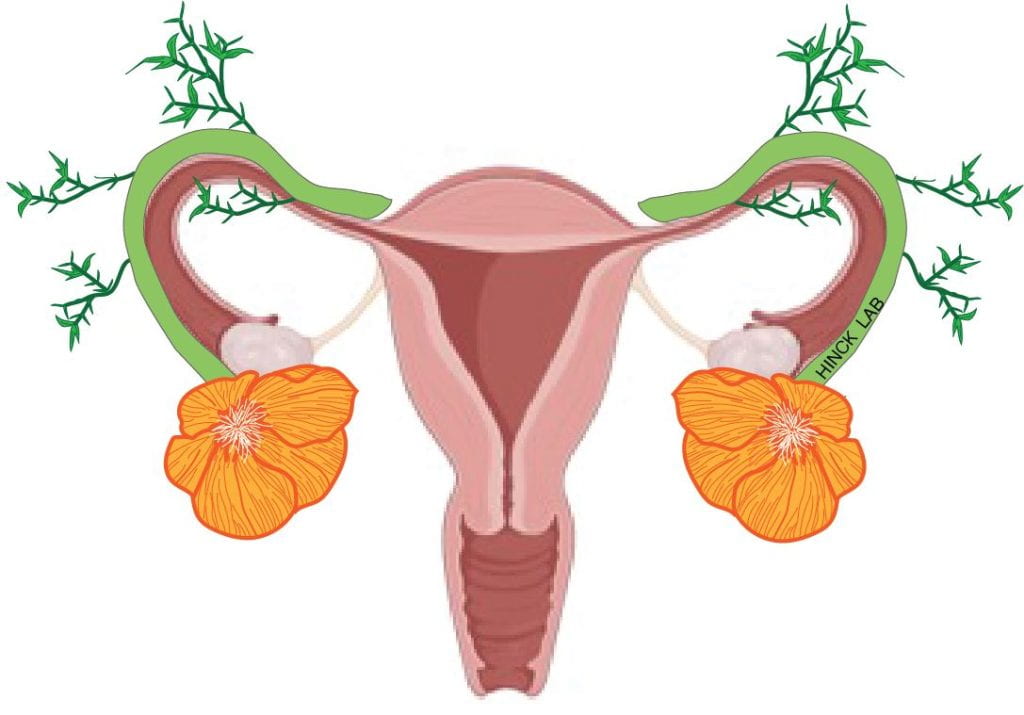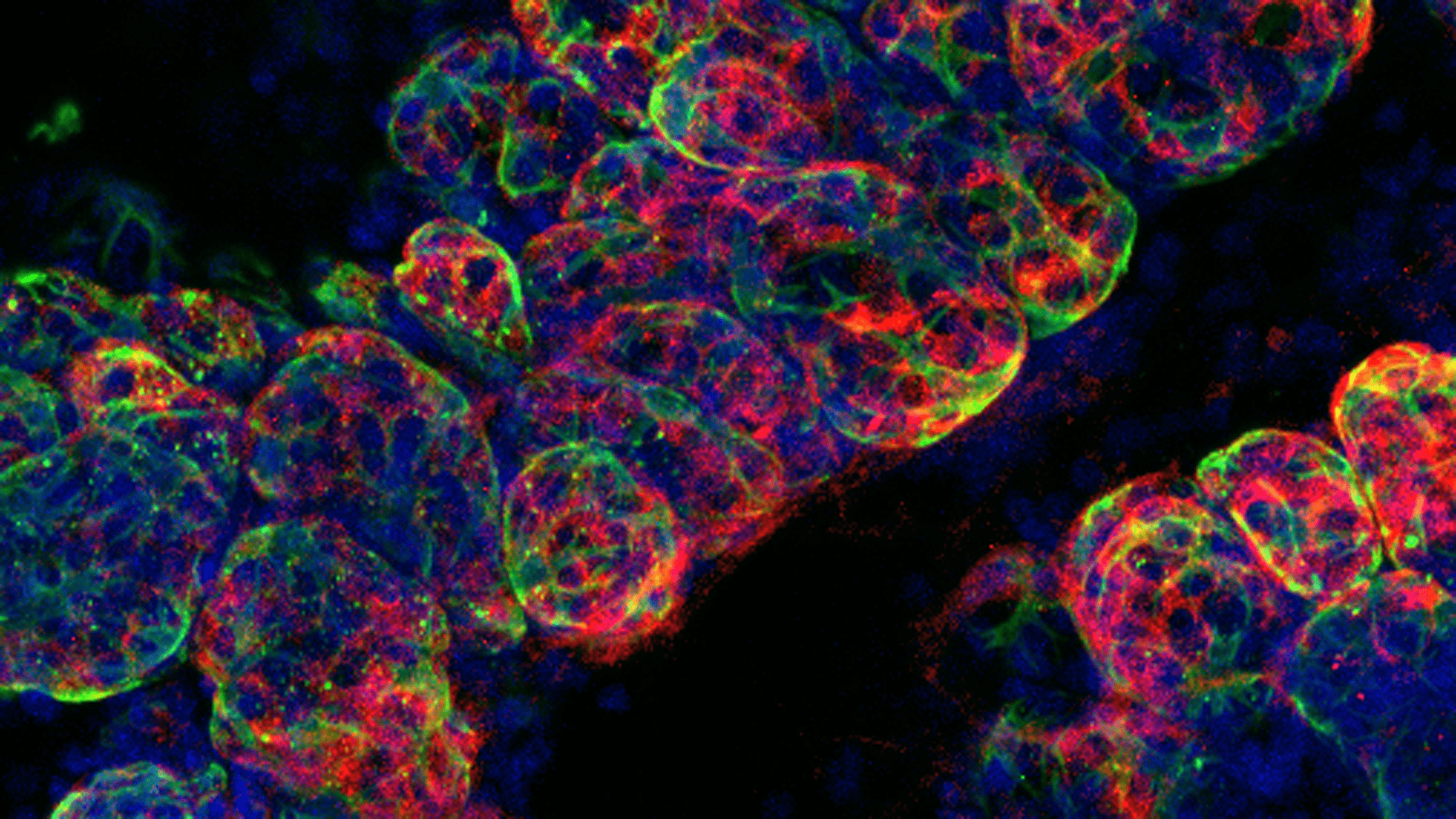We study the breast and the uterus in order to gain insight into two syndromes that affect women’s health: milk insufficiency syndrome and endometriosis.

Lactation insufficiency syndrome is defined as a failure of infants to thrive due to insufficient intake of daily breastmilk. Breastfeeding confers a host of lifelong benefits to both mother and child, yet upwards of 50% of women worldwide experience milk insufficiency syndrome. A recent formula shortage in the United States brings to the fore the reliance of many parents on mother’s milk substitutes. Milk substitutes are popular because many women struggle to meet the American Academy of Pediatrics recommendation that infants be exclusively breastfed for the first 6 months. Previous efforts to enhance milk production focused on the prolactin pathway, but even drugs approved in some countries (not the USA), such as dopamine antagonist domperidone, are rarely prescribed due to negative side effects. In the Hinck lab we study how a woman builds a milk supply during pregnancy in an effort to identify pathways that can be safely targeted to provide pharmacological support that increases lactation.

Endometriosis is a chronic and debilitating disease affecting ~10% of women of reproductive age worldwide. Despite its high incidence and the negative consequences for a patient’s quality of life, there is no cure for this disease. The most common treatment for endometriosis is surgical removal of ectopic endometrial tissue growing in the abdominal cavity through laparoscopy, which is an invasive procedure and does not prevent regrowth of ectopic lesions. Alternatively, the symptoms can be managed using hormonal birth control; however, this approach is not suitable for individuals who aim to get pregnant. In the Hinck lab, we investigate the molecular mechanisms that drive endometriosis to provide for new therapeutic targets and diagnostic tools. We are currently seeking donations of menstrual blood for our projects from women diagnosed with endometriosis.
